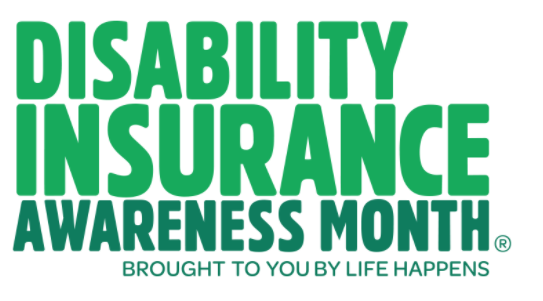You’ve built an emergency fund, scrimping and saving all the way. First, it was $100. Then, it hit $1,000. Finally, you saved enough to cover several months of expenses.
But suddenly, an impulse hits. You want to take a vacation. You long to overhaul that lousy landscaping. Or perhaps you desire to make this the best holiday ever!
Aaron Morrow has heard every excuse. He’s a wealth management specialist at LJI Wealth Management in Indianapolis. After more than a decade at the firm, he’s counseled clients on the best ways to use their emergency funds — and maybe more importantly, how not to use them.
“A client went on (a) spring break that wasn’t planned,” Morrow says, relating one such incident. “It was one of those last-minute, emotional decisions. They took a few thousand dollars out of their emergency fund. Then, they go on vacation and the weather was bad, and they sat in jackets and rain all week. It was an emotional decision. That’s not what it’s for, and it’s crazy because they had no plan to pay it back.”
Personal finance experts don’t agree on everything when asked about the best ways to use an emergency fund, but they share some common themes. They agree that raiding emergency funds for impulse purchases is a bad idea, but it’s not the worst way to splurge on expensive items.
“I’ve had a client or two who drained their emergency savings to pay for shopping sprees,” says Maggie Germano, a Washington, D.C.-based financial coach for women. “This is obviously the last thing you should be using your savings for, but in this case, it was also better than putting it onto a credit card. Of course, she regretted the move and is still working toward building up that savings account.”
Do use your emergency fund for …
Personal finance experts generally agree that these 5 examples are the best ways to use an emergency fund:
- Job loss. Morrow recommends filling your emergency fund with enough to cover three to six months of expenses for this possibility alone. “Everyone’s a little different,” he says. If you’re not the primary breadwinner or if you have other accounts you could use in an emergency, such as a 401(k), three months could be sufficient. If not, six months might be better.
- Health emergency. Any sudden, unexpected health event, such as an emergency room trip, surgery, new costly prescription or injury qualifies.
- Serious home repairs. Leaking roofs, burst pipes, broken major appliances or HVAC troubles are prime examples.
- Auto repairs. You should absorb minor expenses, but with the average repair costing $500 to $600, that might not always be possible. Germano also suggested vehicle repairs only “if it’s your main or only form of transportation.” So if you primarily use a bicycle or public transportation, a car repair might not qualify as an emergency.
- Legal issues. If you get sued or need an attorney for other reasons (divorce, criminal charges, etc.), it’s OK to tap your emergency fund to cover costs.
Don’t use your emergency fund for …
These common big-ticket expenditures don’t qualify as emergencies:
- Vacations. Trips to the beach are a luxury, so it’s best to save up and plan ahead, which is typically a cheaper way to buy travel accommodations anyway.
- Clothing. “You wake up and hate your whole wardrobe” falls under “what doesn’t count as an emergency” in Germano’s blog post on the topic.
- Home improvement projects. Sure, it’s good to save for landscaping, remodels, and other non-essential home projects, but use another fund instead.
- Impulse purchases. Morrow says the most egregious emergency fund misuse he’s ever heard falls under this category. “A client was going on a golf trip with a bunch of his buddies,” Morrow says. “He felt like he needed to get all new clubs, (a new) bag, everything for this trip. It wasn’t an emergency. He asked me to sell funds from (his) brokerage account to help fund the purchases.”
- Poor planning. Purchasing holiday gifts commonly fall under this category, because they’re not a regular, fixed budget item throughout the year.
Use specific funds instead
All that said, there’s nothing wrong with funding these purchases with another account. “You can have specific funds, a college savings, or my favorite, a health emergency fund,” Morrow says. For that reason, he also strongly recommends Health Savings Accounts (HSAs) for anyone who has access to one.
The bottom line
Ultimately, it’s more important to establish an emergency fund in the first place.
“A popular saying in our industry is, ‘The best time to plant an oak tree is 20 years ago,’” Morrow says, applying that logic to saving. “What are you waiting for? Get it going. Start ASAP.”









